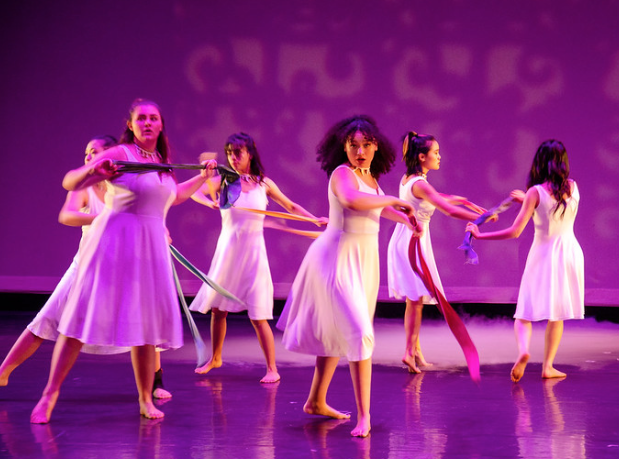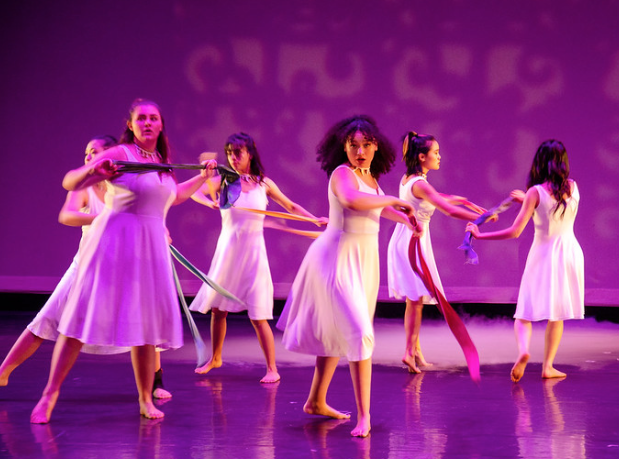With the onset of COVID-19 and the already apparent dropping enrollment at Sonoma State University, proper funding of valuable programs is a top priority for current and prospective students. Programs at SSU, otherwise known as Instructionally Related Activities, are in danger of receiving massive cuts.
IRAs make up a vast majority of a student’s time and experience at Sonoma State University. IRAs are described on the SSU website as “activities and laboratory experiences that are partially sponsored by an academic discipline or department and which are, in the judgment of the President, integrally related to the function of instructional offerings.” IRAs are the programs that students look forward to participating in, because they offer hands-on experience for students. IRA funds go towards programs like the STAR, KSUN, athletics, music, dance, and drama recitals.
The IRA budget is overseen by the Student Fee Advisory Committee (SFAC), which is composed of both students and faculty. Senior Director for University Budget and Planning, Laura Lupei, stated, “The SFAC recommended IRA allocations to the President for approval for 2020-2021. The President has approved the SFAC recommendations, but allocations were reduced to 50% of the requests.” She continued to explain that this 50% reduction was based on the President’s review due to restrictions from the pandemic on the Fall 2020 semester. Lupei stated that “SFAC will review the recommendations and determine additional allocations above the 50% allocated as appropriate.”
To put this into perspective, the STAR is still publishing hard copy editions of the newspaper every week for those on campus to pick up–granted, at a much lower rate–but it still requires funds that the IRA provides. Cutting funds by 50% makes an impact on production levels, and the kind of technology that will be available for purchase, such as new computers and cameras. Every program dependent on IRA funding is in this same predicament, but the final allocations delivered will vary for each program.
Robert Eyler, SSU spokesman, stated that the IRA and SFAC committees will meet throughout the fall semester to review current funding allocations and decide if and when “additional funding can be distributed to the programs.” Final allocations will officially be determined after they meet as a group and review the guidelines related to COVID-19.
Katryna Johnson, student and member of the SFAC, said that they have not yet had a meeting this year regarding funding. She expects existing programs that are asking for additional funding will not receive it. However, she hopes that existing programs will continue to receive the same amount of funding as the year before. “It’s unlikely for any new programs to receive funds. We made these decisions last year before COVID-19 was of any concern, as a reaction to SSU’s downward enrollment trend.” She concluded that in general, the overall focus they had last year was to avoid approving any additional funding when it came to new or existing programs. Programs like the STAR would not receive any more additional funding then they were already receiving, but if a new program is created, it would not receive any funding to begin with.
The fundamental educational opportunities these IRA programs provide are a huge factor for prospective students when deciding what school they wish to attend. With these valuable programs currently standing on shaky ground, a bleak picture is painted for the future of SSU. SSU has already seen a steady decline in enrollment for several years, well before the pandemic. Stifling new and existing programs by not allocating necessary funds may add to the snowball effect of declining enrollment.




































